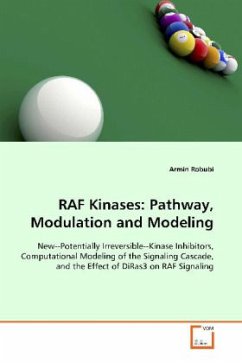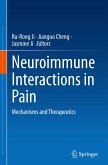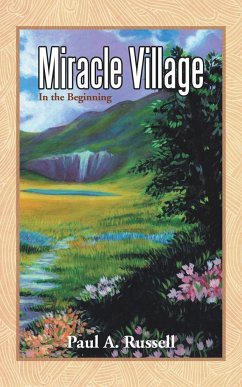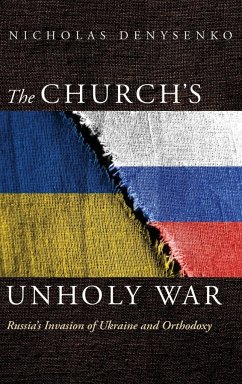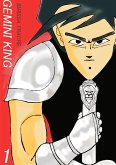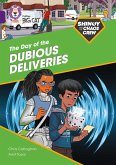The Ras/RAF/MEK/ERK cascade is a central cellular signal transduction pathway involved in cell proliferation, differentiation, and survival where RAF kinases are pivotal kinases implicated in cancer.
The development of specific irreversible kinase inhibitors is a rewarding but difficult aim. A novel synthetic approach including a lyophilization step allowed us the synthesis of a diphenyl urea compound with an epoxide moiety (compound 1). Compound 1 possessed inhibitory activity in vitro. In cell culture experiments, a strong activation of the RAF signaling pathway was observed, an effect which is known from several other RAF kinase inhibitors and is here reported for the first time for a diphenyl urea compound.
Furthermore, we developed a mathematical model of the Ras/RAF/MEK/ERK cascade demonstrating how stimuli induce different signal patterns and thereby different cellular responses, depending on the ratio between B-RAF and C-RAF.
Additionally the effect of the tumor suppressor DiRas3 (also known as Noey2 or ARHI) on RAF signaling was studied. I could show that DiRas3 down-regulates the mitogenic pathway by inhibition of MEK.
The development of specific irreversible kinase inhibitors is a rewarding but difficult aim. A novel synthetic approach including a lyophilization step allowed us the synthesis of a diphenyl urea compound with an epoxide moiety (compound 1). Compound 1 possessed inhibitory activity in vitro. In cell culture experiments, a strong activation of the RAF signaling pathway was observed, an effect which is known from several other RAF kinase inhibitors and is here reported for the first time for a diphenyl urea compound.
Furthermore, we developed a mathematical model of the Ras/RAF/MEK/ERK cascade demonstrating how stimuli induce different signal patterns and thereby different cellular responses, depending on the ratio between B-RAF and C-RAF.
Additionally the effect of the tumor suppressor DiRas3 (also known as Noey2 or ARHI) on RAF signaling was studied. I could show that DiRas3 down-regulates the mitogenic pathway by inhibition of MEK.
